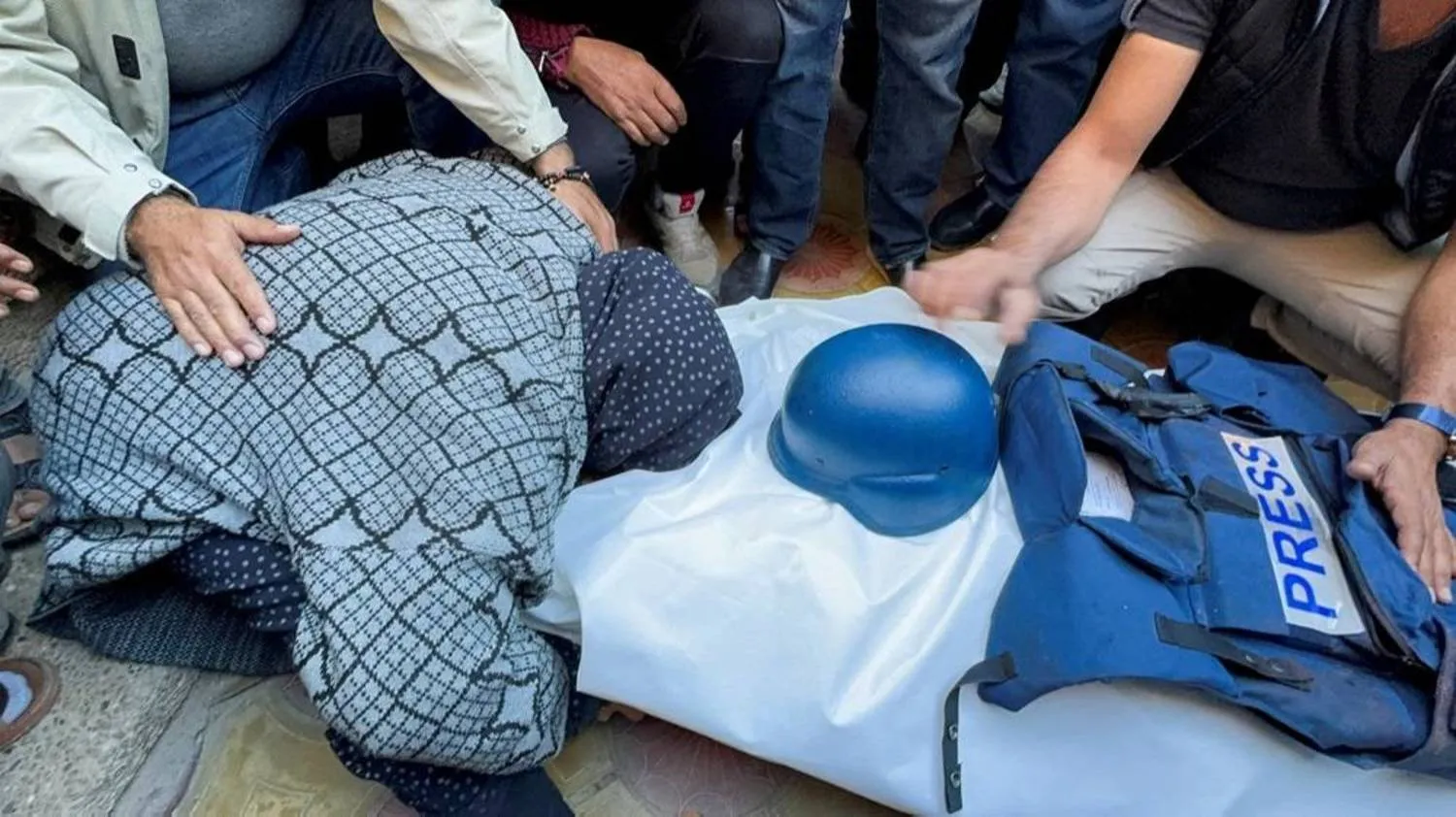More than 30 news organizations signed an open letter Thursday expressing solidarity with journalists working in Gaza and calling for their protection and freedom to report.
The letter, coordinated by the Committee to Protect Journalists, was signed by global news agencies AFP, AP and Reuters, as well as other leading media outlets including the New York Times, BBC News and Israel's Haaretz.
"For nearly five months, journalists and media workers in Gaza -- overwhelmingly, the sole source of on-the-ground reporting from within the Palestinian territory -- have been working in unprecedented conditions," the letter said.
It noted that at least 89 journalists and media workers in Gaza have been killed in the war, according to the CPJ.
The Israel-Hamas war began following an unprecedented Hamas attack on Israel that resulted in the deaths of around 1,160 people, mostly civilians, according to an AFP tally of official Israeli figures.
Israel's retaliatory military campaign has killed 30,035 people, mostly women and children, according to the Hamas-run Gaza health ministry.
"Journalists are civilians and Israeli authorities must protect journalists as noncombatants according to international law," said the letter, also signed by the Association for International Broadcasters and the World Association of Newspapers and News Publishers (WAN-IFRA).
"Those responsible for any violations of that longstanding protection should be held accountable,"
AFP has had a bureau and staff in Gaza for several decades.
Before the start of the war, the agency had a full bureau in Gaza City of 10 people, including text, photo and video reporters as well as administrative and technical staff.
The staff were all evacuated with their families to southern Gaza in early October when the Israeli army ordered Gaza City residents to move south. The office was subsequently damaged by an Israeli strike.
Several staff still remain in southern Gaza in precarious conditions.









